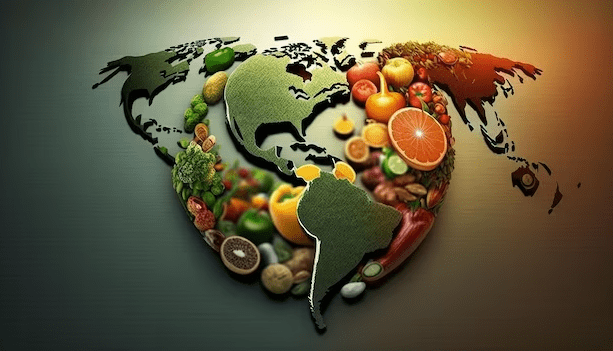The United States announced in September 2023 that it will invest $455 million to strengthen global food security and international capacity building efforts.
In doing so, it seeks to contribute to increasing food availability, access and stability on a global scale.
According to the U.S. Department of Agriculture (USDA), the investment will use more than 375,000 metric tons of U.S. commodities.
Food for Progress commodities will be sold in local and regional markets, and the proceeds will help strengthen food security in the short and long term through the development of agricultural value chains and trade promotion activities.
Before investing in a project, the USDA conducts numerous analyses to ensure that local production and markets will not be affected and that U.S. commercial interests will not be affected.
In this regard, the European Union expressed interest in receiving more details on the analyses carried out by the United States to ensure that these programs will not have a negative impact on local markets.
Global food security
While appreciating U.S. efforts against global hunger and food insecurity, the European Union expressed concerns about the continued use of in-kind food aid by the United States, as well as the monetization of international food aid, which can be counterproductive in efforts to improve local agricultural value chains.
In response, the U.S. government stated that Food for Progress relies on revenues from commercial monetization sales to support infrastructure development, technical assistance, and other types of support provided by the program that strengthen long-term food security in beneficiary countries.
School breakfasts
Prior to selecting products and tonnages, the United States conducts a thorough market analysis for monetization to ensure that the proposed monetization will not undermine commercial markets; will not undermine local/national production in a target country or region; and that sufficient storage exists for the product and tonnage under consideration.
These assessments are not publicly available.
The United States uses local and regional procurement to complement existing McGovern-Dole agreements, recognizing the critical role it plays in providing fresh fruits, vegetables and protein, as well as enabling the long-term sustainability of school meal programs in recipient developing countries.

